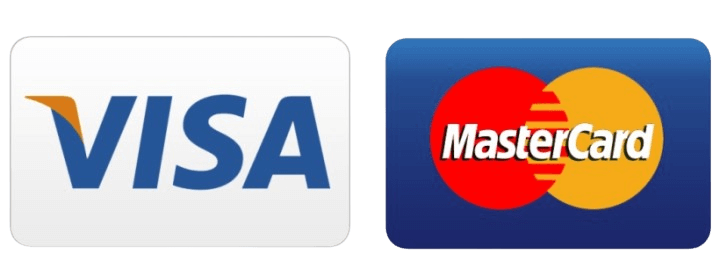1. Optimize your website structure
A well-structured website is the foundation of good SEO. Ensure your site is easy to navigate, with a clear hierarchy and logical flow. Use descriptive, keyword-rich URLs and create a sitemap to help search engines index your pages more effectively.
2. Conduct thorough keyword research
Understanding the keywords your target audience uses to find products or services similar to yours is crucial. Use tools like Google Keyword Planner, Ahrefs, or SEMrush to identify high-traffic, low-competition keywords. Incorporate these keywords naturally into your content, meta descriptions, and title tags.
3. Focus on local SEO
For small businesses, local SEO is particularly important. Claim and optimize your Google My Business listing, ensuring all information is accurate and up-to-date. Encourage satisfied customers to leave reviews, and use local keywords to attract nearby customers.
4. Create high-quality, relevant content
Content is king in the world of SEO. Regularly publish high-quality, relevant content that addresses the needs and interests of your audience. Blog posts, articles, videos, and infographics can help establish your authority and attract backlinks, both of which improve your SEO.
5. Optimize for mobile devices
With more people using smartphones to browse the internet, having a mobile-friendly website is essential. Use responsive design to ensure your site looks and functions well on all devices. Google prioritizes mobile-friendly sites in its search results, so this can significantly impact your rankings.
6. Improve page load speed
Page load speed is a critical factor in both user experience and SEO. Slow-loading pages can lead to higher bounce rates and lower search engine rankings. Optimize images, use browser caching, and minimize CSS, JavaScript, and HTML to improve your site’s performance.
7. Utilize on-page SEO techniques
On-page SEO involves optimizing individual pages to rank higher and earn more relevant traffic. This includes using your target keywords in the title tag, meta description, headers, and throughout the content. Ensure each page has a unique title and description, and use internal linking to help search engines understand the structure of your site.
8. Build high-quality backlinks
Backlinks from reputable websites signal to search engines that your content is valuable and trustworthy. Focus on earning backlinks from authoritative sites in your industry through guest blogging, partnerships, and creating shareable content. Avoid black-hat tactics like buying links, as these can lead to penalties.
9. Leverage social media
While social media signals don’t directly impact SEO, they can indirectly affect it by driving traffic to your website and increasing brand awareness. Share your content on social media platforms, engage with your audience, and encourage sharing to amplify your reach.
10. Monitor and analyze your performance
SEO is an ongoing process, and it’s important to regularly monitor and analyze your performance. Use tools like Google Analytics and Google Search Console to track your traffic, rankings, and user behavior. Adjust your strategies based on the data to continually improve your SEO efforts.
Implementing these ten tips can significantly enhance your small business’s SEO strategy, helping you to attract more visitors, generate leads, and ultimately grow your business. Remember, SEO is a long-term investment, and consistency is key to seeing sustained results. By staying informed about the latest SEO trends and continuously optimizing your website, you can stay ahead of the competition and achieve your business goals.









